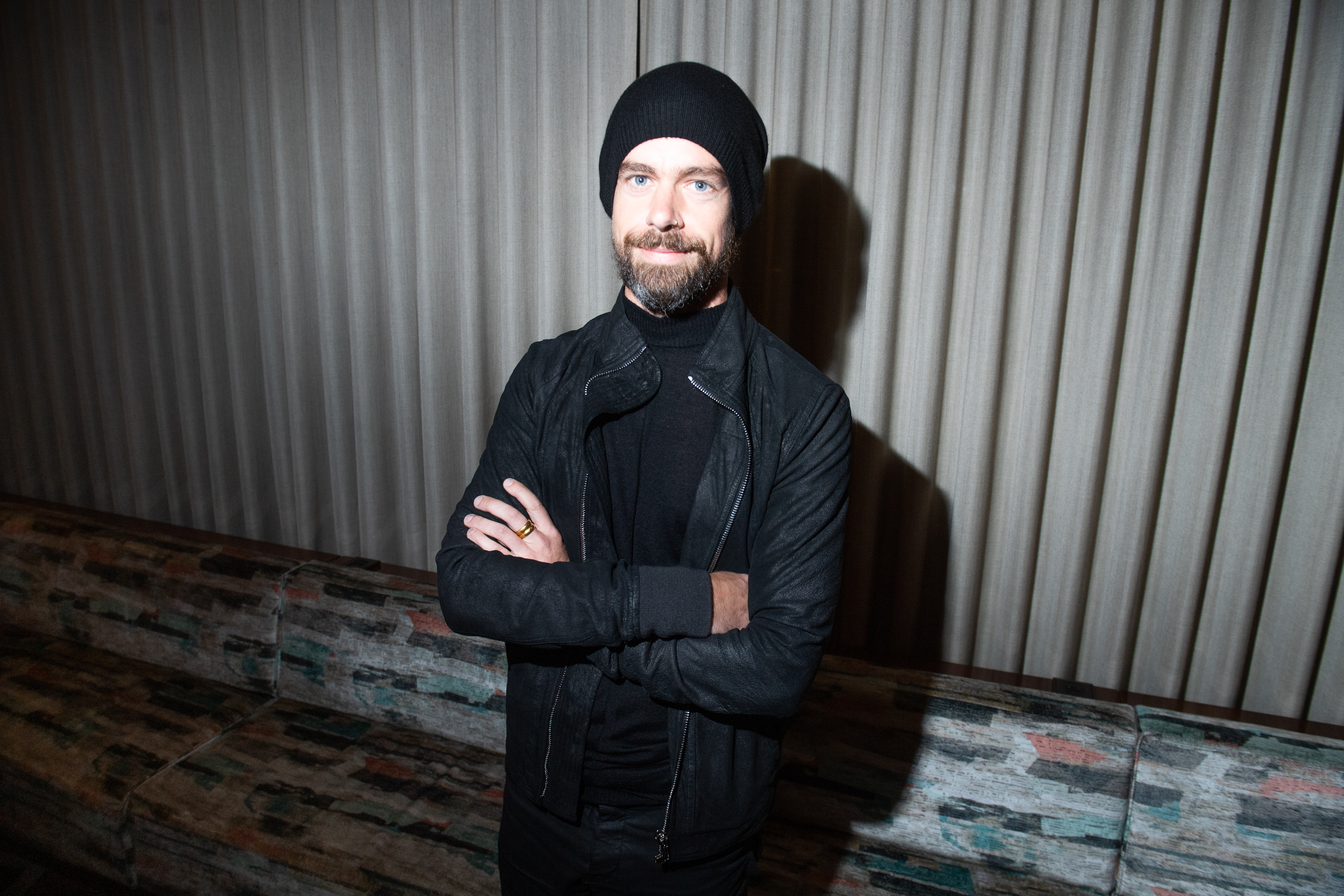We’ve known for a minute now that universal basic income (UBI) works.
Nearly 10 years ago, in an essay for Bloomberg, economist Charles Kenny, a fellow at the Center for Global Development, effectively summed up the philosophy: “The big reason poor people are poor is because they don’t have enough money.” It’s easier (lazier) to claim that all poor people are poor because they can’t take care of themselves, because they’re not smart enough, or they’d rather spend the money on alcohol and drugs.
But as a number of studies have demonstrated, gifting underprivileged and unhoused people with financial assistance produces unbelievable results. As Dutch historian Rutger Bregman noted in his bestseller Utopia for Realists, “When the poor receive no-strings cash they actually tend to work harder … the great thing about [this] money is that people can use it to buy things they need instead of things that self-appointed experts think they need.”
As Bregman lays out, UBI pilot programs have already been credited with “reductions in crime, child mortality, malnutrition, teenage pregnancy, and truancy, and with improved school performance, economic growth, and gender equality.” It’s voguish to donate a cow to an African village and talk about it at your next dinner party, but whoever received that animal could have done far more with a check.
It’s taken a while for “free money” to take off in the United States. Too often, ignorant attitudes (i.e., people screaming about socialism on Twitter) get in the way. But a recent initiative by a nonprofit called Miracle Messages could potentially help sway some uninformed minds. The San Francisco-based program gave 14 recipients $500 a month for six months. All were experiencing homelessness at the beginning of the experiment. Nine of them have now secured permanent housing.
Kevin Adler, the founder of Miracle Messages, was blown away by the results: “There’s a level of incredulity, like, how did this happen? Our unhoused neighbors are often more tapped into resources, housing options, networks that might be able to open up, but just are lacking a little bit of funds. For me, it’s yet another testimony of the importance of seeing the agency and the intrinsic dignity of each of our unhoused neighbors.”
You’ll notice he sounds exactly like the many progressive economists who have come before him — when poor people are given a chance, they tend to seize it. An extra $500 a month might not sound life-changing to most of us, but that speaks to the relativity of income, circumstances and desperation. Some of Miracle Messages’ recipients used the money to battle illness; others could only get to work by car, and spent their new funds on gas and office attire. Two of the 14 adopted service dogs to alleviate chronic anxiety. Many choose to support family members. One even donated some of the money back to Miracle Messages. They said: “I did it for myself to once again feel the dignity of being able to support the causes that I believe in.”
As UBI programs surge in popularity and practice throughout the United States and Canada, though, there is one component to Miracle Messages’ approach that stands apart. Miracle Messages also focuses on “relational poverty,” or the dearth of social connections or support in the lives of those who are suffering. As the nonprofit’s name suggests, it started as service to call, text and check in with the poor and the unhoused, giving them a level of attention and follow-up that many had long given up on.
For those skeptical of UBI rollouts, the interpersonal angle could be seen as an important failsafe. After all, the recipients in this experiment spent three months receiving encouragement from their Miracle Messages counterparts. You could argue that the development of those relationships put them in a proper headspace to make smart, sustainable decisions once they started receiving their money.
Either way, focusing on relational poverty is an oft-neglected medium for reducing psychological stress, building confidence and reminding the poorest adults that they haven’t been forgotten. As the economist Joseph Hanlon said: “You can’t pull yourself up by your bootstraps if you have no boots.” Indeed. And it’s hard to be kind to yourself when no one’s being kind to you. To learn more about the incredible work that Miracle Messages is doing, head here.
The Charge will help you move better, think clearer and stay in the game longer. Subscribe to our wellness newsletter today.


















